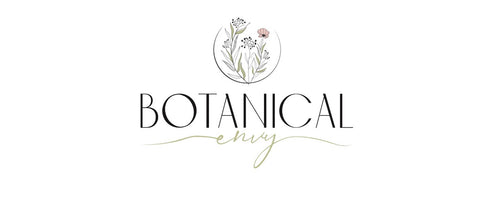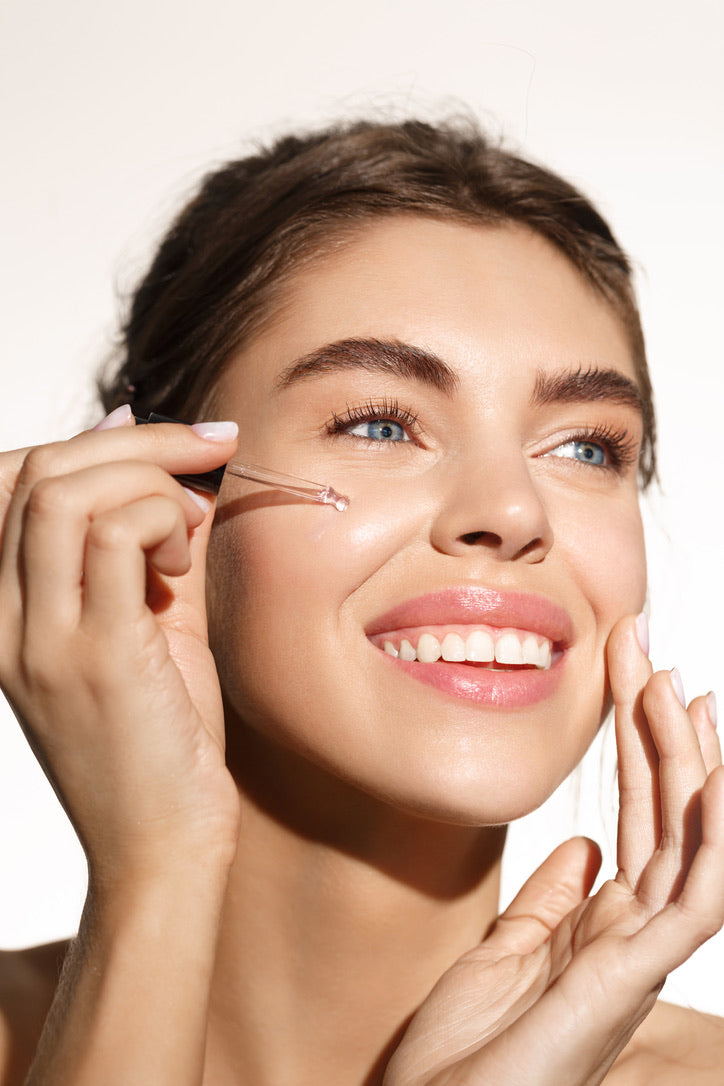Taking care of your skin during menopause

A clinical diagnosis of menopause is made based on the absence of menstrual period for 12 consecutive months, with no other medical cause. Natural menopause usually occurs around age 50 - some women have been known to enter menopause as early as their 30s.
Perimenopause is the transitional phase when your body starts to move towards menopause. Hormonal fluctuations unsettle the body and changes in skin can occur from the peri-menopausal (first) stage. You may notice skin changes such as dryness, dark spots, breakouts, a dip in collagen and elastin levels and general changes in texture and overall appearance.
Nourish from within
1. Include plenty of ‘good fats’ in your diet
Having plenty of ‘good fats’ in your diet is vital for hormone synthesis and hormone balancing. Include foods such as olive oil, avocado, a wide variety of nuts and seeds. These foods can also reduce inflammation within the body, so if skin flare-ups do start to occur such as rosacea or adult acne these essential fats can help.
2. Reduce saturated fats
Reduce inflammatory “trans” or “saturated” fats, these are generally found in foods such as chips, take away foods, biscuits, and any processed sweet treats. These foods also include simple carbohydrates, the fast energy releasing sugars, which can greatly increase AGE production.
3. Increase good quality protein
Ensure you increase the good quality protein in your diet and include it with every meal, including breakfast. This will assist with collagen synthesis and the strengthening of connective tissue. Found in lean poultry, all fish (particularly oily fish such as salmon, mackerel and sardines), eggs, nuts and seeds.
4. Include fibre in your diet
Aim to include as much fibre as you can in your diet, particularly vegetables. Fibre supports detoxification and enhance gut health and therefore can help reduce any skin flare-ups or inflammation and enhance the quality of your skin. Include a wide variety of vegetables such as dark green leafy veg, cruciferous veg such as broccoli and cauliflower, onions, garlic, some fermented foods such as kimchi, kefir, miso soup and natural yoghurt.
5. Variety of vitamins
Vitamin C, found in foods such as citrus fruits, strawberries, kiwis, blackcurrants and broccoli helps promote collagen production and protecting against sun damage. Zinc is especially beneficial for inflammatory acne and related scarring. Found in foods such as lamb, beef, ginger root, almonds, shellfish and mushrooms.
6. Stay hydrated
It is vital for healthy skin as well as many other systems. At its peak the water content of your skin should be 70%. This is necessary to keep skin supple, elastic and moisturised. You should aim for two litres of water per day, which can include hot water with lemon and ginger or mint, and herbal teas.
7. Lifestyle changes
With this in mind, lifestyle changes such as drinking less alcohol, maintaining a regular sleeping pattern and making exercise a habit to maintain muscles mass and increase blood flow throughout the body, nourish skin cells maintaining a youthful appearance and support your mental well-being.
The best ingredients to use for menopause skin care
1. Hyaluronic acid
A powerful humectant that attracts and retains moisture, hyaluronic acid keeps your skin hydrated and plump. This is crucial for menopausal skin, which tends to experience dryness and reduced elasticity. Found in our Firming serum, Hydrating moisturiser and Ultra rich moisturiser.
2. Bakuchiol
Known for its anti-ageing properties, promotes collagen production and accelerates cell turnover, helping to reduce the appearance of fine lines and wrinkles while improving overall skin texture. Found in our Bakuchiol serum.
3. Vitamin C
A potent antioxidant, vitamin C not only brightens your skin, supports collagen production, but also protects it from environmental stressors. This essential nutrient can also help fade menopause-induced hyperpigmentation and improve overall skin tone throughout this transitional life change. Found in our Vitamin C serum and Radiance elixir.
4. Niacinamide
A form of vitamin B3, niacinamide helps strengthen your skin's barrier function, reducing moisture loss and improving overall skin health to leave your complexion healthy and radiant. Niacinamide has also been shown to minimise the appearance of pores and regulate oil production, leaving your skin balanced, smooth, and even. Found in our Balancing mist and Balancing Probiotic moisturiser.
5. Peptides
These small chains of amino acids stimulate collagen production and promote elasticity. By incorporating peptides into your skincare routine, you can help minimise the signs of ageing, achieving a more youthful, supple complexion. Found in our Firming serum and Overnight hydrating masque.
Effective natural skin treatments
Micro-needling involves creating tiny punctures in the skin to stimulate the body to produce collagen, as well as activating the natural healing response. This can be a good way to counter the drop in collagen production that can be caused by menopause.
LED light therapy mask utilises specific wavelengths of light to target various skin concerns and promote overall skin health. LED stands for Light Emitting Diode. These types of devices emit light at different wavelengths, each wavelength having specific effects on the skin.
As you age, your skin goes through a myriad of changes and has different needs. Once you identify what those needs are (dullness, fine lines, discoloration, etc.), consistency is key. From using the right products and living a healthy lifestyle, there are many factors that can aid in skin's appearance. Be sure to speak with your skin specialist before booking an appointment, so they can help decide what works best for your skin's needs.



